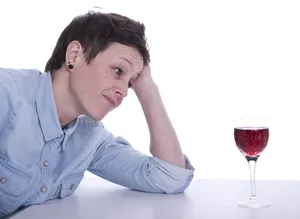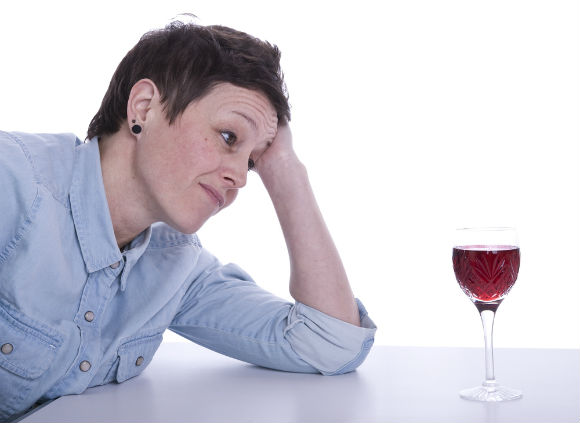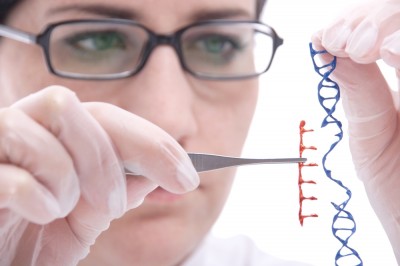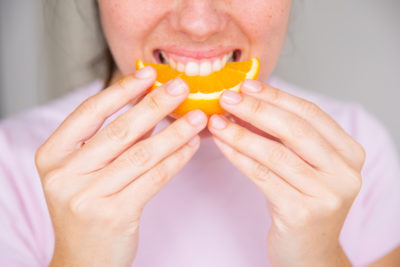
During the study, psychologists from the University of British Columbia examined the body language of problem drinkers to see if they gave away any indicators that they would fall off the wagon. The physical manifestations of shame or self blame (which were common across all cultural barriers)—including slumped shoulders and an inward narrowing of the chest—often predicted a relapse would occur when 105 test subjects were asked to describe the last time they drank and how badly they felt about it and videotaped. After four months, when the remaining participants were asked to report their drinking behavior, it was found that those who displayed the most shame in the initial videotaped sessions were the same ones who relapsed—with 24 out of 46 relapsing into alcoholism.
The study went further to suggest that the degree of shame felt would not only predict the chance of relapse, but also how many drinks a relapsed alcoholic would inevitably consume.
“The more shame they showed, the more likelihood they were to relapse and relapse with a large number of drinks instead of smaller amounts,” says Daniel Randles, a PhD student who co-conducted the study with Jessica Tracy, a UBC psychology professor. “…We found was shame was a fairly strong prediction. People form addictions that may come from shame, it’s a painful emotion and drugs [and alcohol] help to alleviate their pain. It could be that feeling shame in general in other events in their life causes this problematic cycle to occur and reoccur.”
Source: The Star



